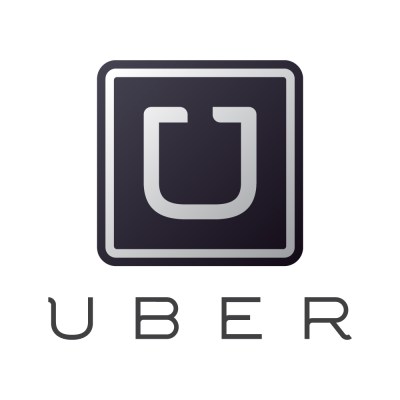Uber CEO Travis Kalanick just wrapped up a press phone call where he discussed the policy paper that the company released earlier this morning. The apper stated that Uber would be rolling out ridesharing services in cities where it had received “tacit approval” in the sense that regulators didn’t crack down on other services.
To kick things off, Kalanick noted that ridesharing is kind of a loose term, so he specified that he means “non-licensed drivers who are providing transportation services for compensation.” He said Uber has been staying away from that business, because of the “extreme regulatory risk”: “Believe it or not, that was at a level that we were just not comfortable with.” (The “believe or not” refers to the fact that Uber has certainly seemed willing to fight other regulatory battles.)
However, in the past year Uber has gotten approval from California regulators to offer ridesharing, and Kalanick said that as Lyft and SideCar rolled out, they’ve seen what is “essentially a non-enforcement policy” in some cities. So Uber is going to follow their lead.
Specifically, Kalanick said that if a ridesharing service launches somewhere and regulators don’t take action within 30 days, Uber is going to take it as a sign of approval. He argued that if regulators are going to take action, it usually happens pretty quickly, as it did for SideCar in Philadelphia.
Kalanick was also asked about what percentage ridesharing will be of Uber’s business in any given city, and whether he expects there to be “substitution” as users choose this option instead of Uber’s more expensive services. He answered that the usage will probably differ from city to city, but that “of course” there will be some substitution. People are going to look for more affordable options as they use Uber more often and as the product spreads.
“It doesn’t bother me in the least,” he said. “If a customer wants a product that’s cheaper, that … they feel delivers more value per dollar, that means we just did a better job for that customer.”
Earlier today, TechCrunch’s Ryan Lawler asked Kalanick about how this process affects Uber’s existing drivers. Kalanick answered that it’s better for partners because it means consumers aren’t going elsewhere.
